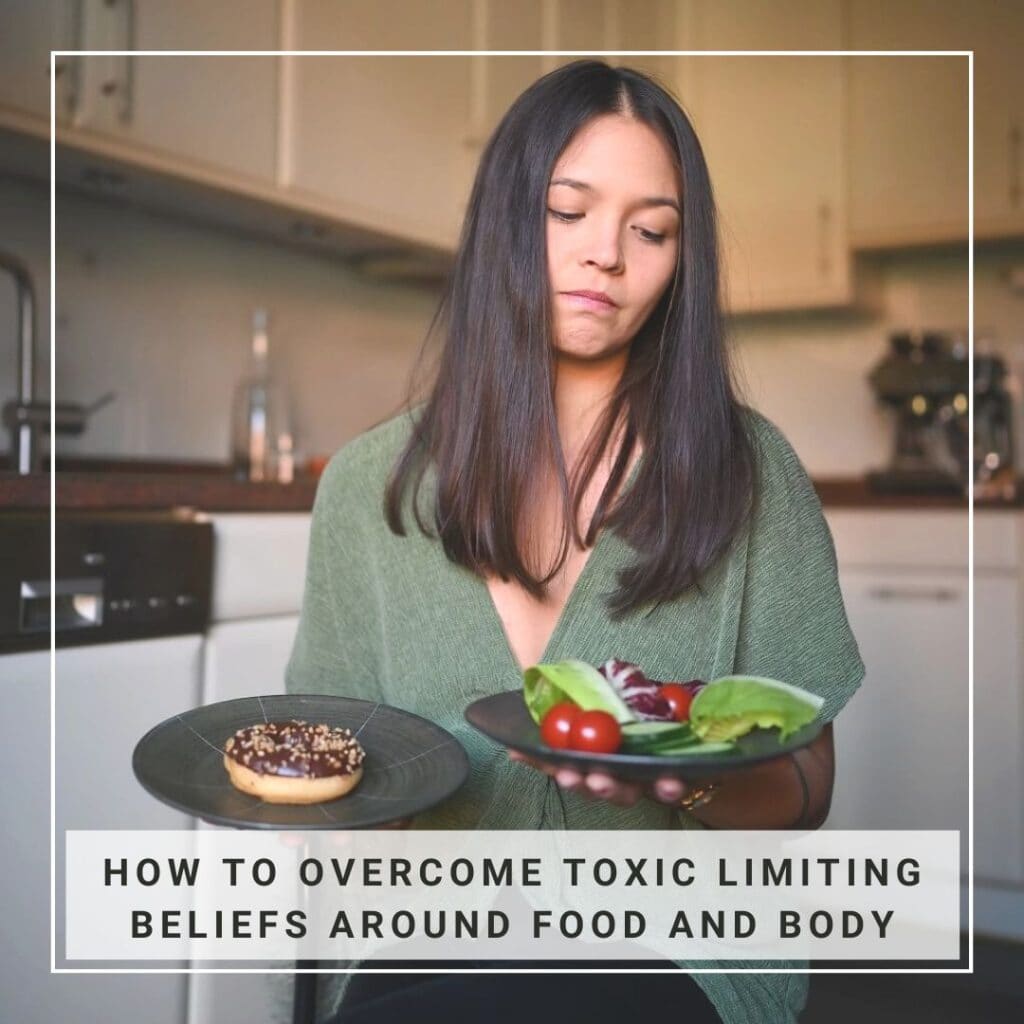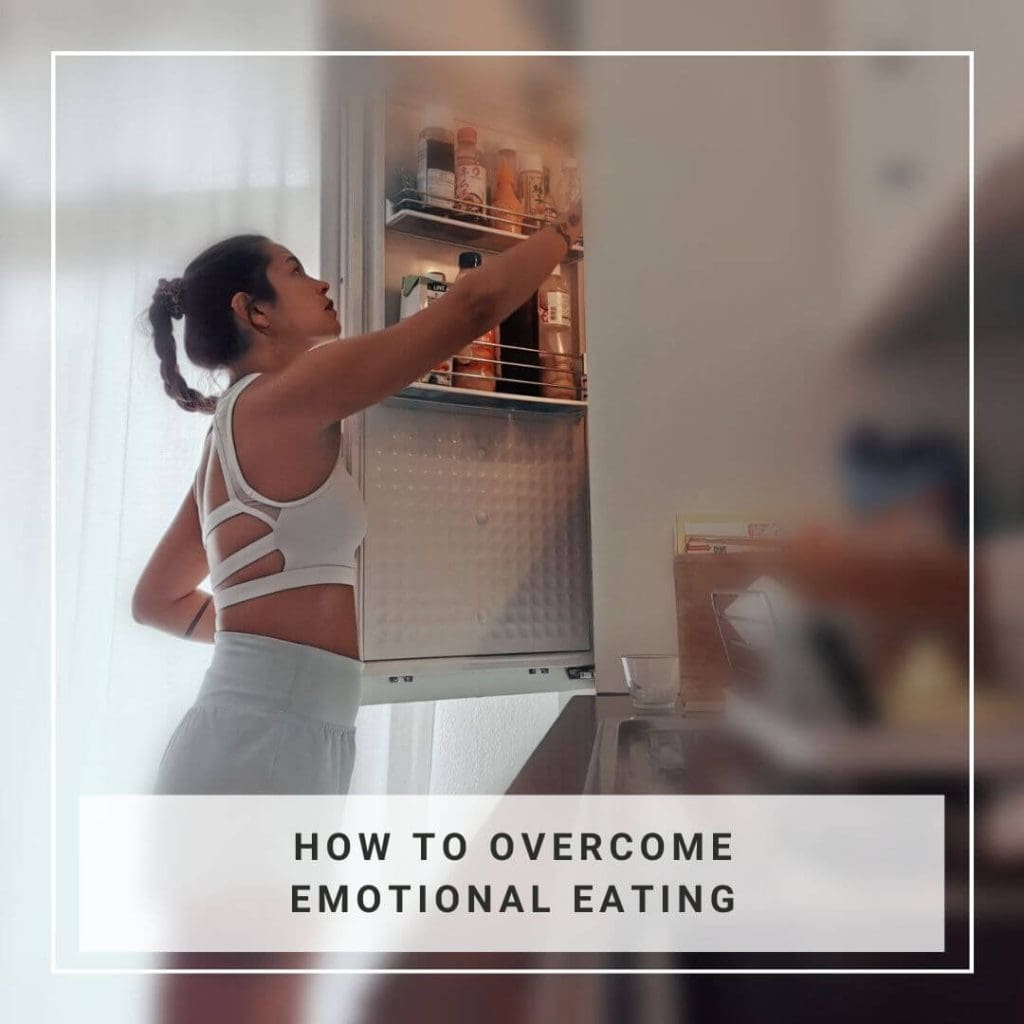How To Overcome Toxic Limiting Beliefs Around Food and Body

What Beliefs Do You Have When It Comes to Food and Body? Food is the enemy! My appetite is bad! I hate my body! For many years I lived my life being guided with these negative, limiting and toxic beliefs around my body and the food I eat. I would not say it out loud, […]
How To Overcome Emotional Eating?

What Is Emotional Eating and Why Is It Happening? Let me answer this question first with a practical example: With a short story is about Sarah (could be any other name!), a woman in her mid-30s who is actually quite content with her life if it weren’t for this one BIG thing that weighs on […]


